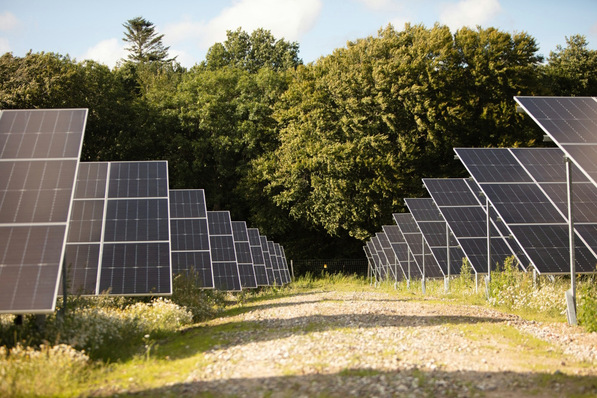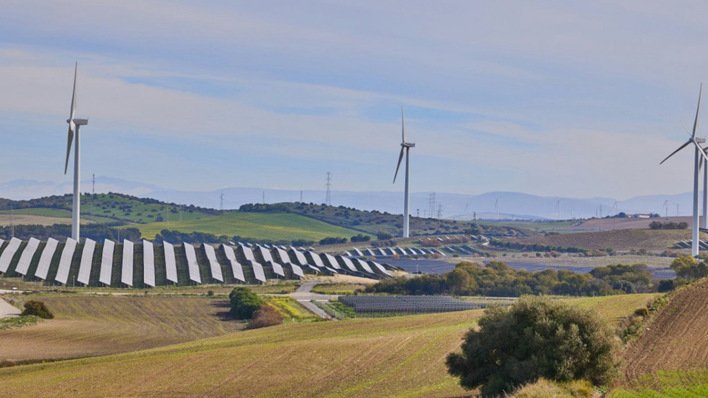This courage is lacking in the current EEG amendment, especially since we have to assume a much stronger increase in electricity demand than assumed in the EEG amendment.
In my opinion, we need an overall new orientation and design of the framework conditions - a real new beginning. The focus must be on self-consumption and prosumers, and they must be relieved as much as possible of bureaucracy and unjustified levies and charges.
Ambitious expansion path as a basis
A more ambitious expansion path for renewables is the basis. In the solar sector, in addition to decentralised and consumer-oriented private and commercial plants, we need an increasing number of subsidy-free large-scale plants in open spaces, also in order to get the green electricity supply for energy-intensive industries and the production of green hydrogen off the ground.
And most importantly: we need positive and reliable regulations for decentralised self-consumption solutions that are not slowed down by burdens through the EEG levy or by bureaucratic hurdles.
Facilitate investments
Corresponding investments by small and medium-sized enterprises in their own system concepts, but also the energy transition in inner cities and sector coupling must be facilitated. For example, PV systems on roofs and elsewhere should be considered standard building technology.
See also: Floating PV system without plastic components
Furthermore, it should be completely up to the owners how they use their self-produced electricity. In any case, they should no longer have to pay EEG surcharges or be forced to fully feed electricity into the grid. And the grid operators should also be made responsible for making their infrastructure fit for the end consumer.
Decentralised and close to the people
All in all, what is needed is a better framework - and one that is decentralised and close to the people. It is important to lower the threshold for many investors in order to motivate new investments in PV, whose attractiveness is also increasing due to trends such as cheaper battery storage and more intelligent PV systems. This is the way to fully exploit the potential of photovoltaics and achieve the volume targets of the energy transition.
And this is not only a professional aspiration for me, but also a personal one - because I am working to ensure that my children grow into a liveable future without having to forego the comforts that my generation was able to enjoy to the full. (mfo)
Alexander Schütt manages the business of Baywa r.e. Solar Energy Systems.







